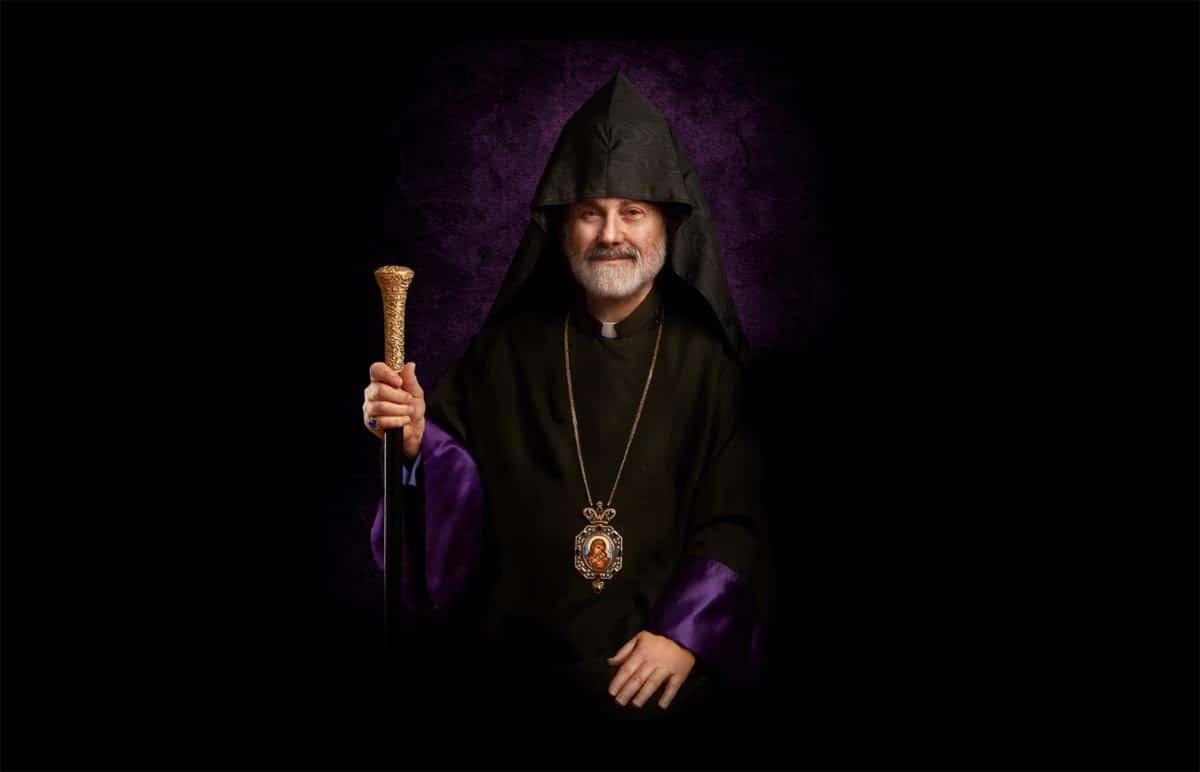The Prelate’s Sermon (Sunday, July 17)
Today, on the seventh Sunday of Pentecost, the Gospel reading is according to Saint Matthew 14:13-21. This passage is well known as the Feeding of Five Thousand and also as the Miracle of the Multiplication of the Loaves and Fishes.
I would like to share a few thoughts reflecting on the Divine response to human needs.
a. The multitude of the people following our Lord Jesus is amazing. As much as they were looking for a healer, they also were looking for someone who would nourish their souls and quench their spiritual thirst, which the temporary leaders were unable to provide.
b. The behavior of Jesus is warm and carries a very personal touch as the Evangelist describes it by saying that “He had compassion on them.” One of the so-called “one thousand attributes of God” is Compassion, which reflects the depth of God’s love. God cares so much for us that He suffers for all our shortcomings, which unfortunately many human beings do not realize. God’s compassion was expressed right after the Fall when He provided our Fore-Parents with necessary cover and in the fulfillment of time He did not spare His Only-begotten Son to reinstate mankind in their original state as the children of God and partakers of His eternal life and joy.
c. The response of our Lord to His Disciples, “You give them food.” is indeed perplexing, yet best reflects the human and Divine approaches toward a crisis. While facing a dire situation, human beings try to disassociate and free themselves from responsibility. In great contrast, God assumes for Himself the burden, and teaches us to solve the problem instead of finding excuses. The miniature of this superb attitude is clearly witnessed in parental love, when parents unconditionally involve themselves to save their children from an unpleasant situation.
d. The crowd followed Jesus with two expectations: to be healed and to learn, but never expecting to be fed. While we may ask for partial things, God grants us completeness. A prayer of healing in the Armenian ritual book, called the Mashdots, amazingly mirrors this loving and caring spirit of our heavenly Father. The prayer reads as follows: “You are our life and salvation, O Beneficent and most merciful God, who alone are able to forgive our sins and dispel diseases and sicknesses from among us, and to whom are known all of our needs.” Indeed, God goes beyond all our expectations and showers us bountifully.
e. What we call a “miracle” actually is the manifestation of the Natural Law of Divine Will. The word “impossible” reflects human limitation, but when humanity will associate with Divine Will, natural law follows the order of the Giver of the Law, and the impossible becomes possible, as our Lord Jesus promised (Mt 19.26), thus making us the unworthy co-workers of our Heavenly Father.
With this incredible and inspiring news, let us in our deserted hearts follow the Good Teacher without hesitation and doubt. May the Heavenly Bread feed our triple needs of the body, the mind, and the soul, as we offer the Trisagion praise to the Almighty Father with His Compassionate Son and Comforting Holy Spirit. Amen.

